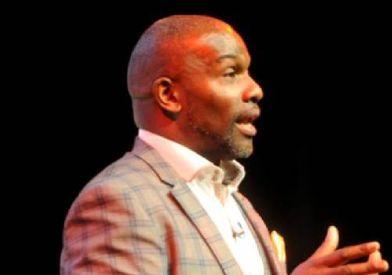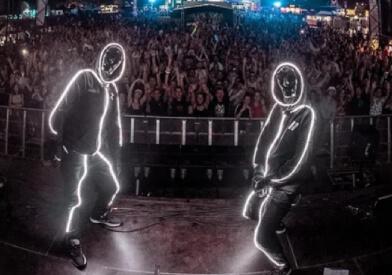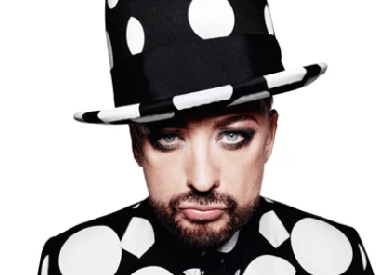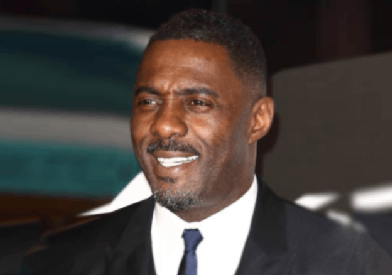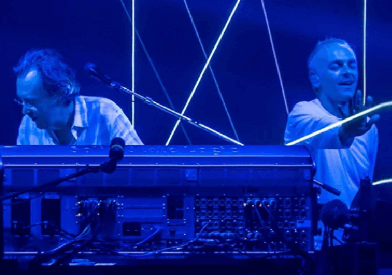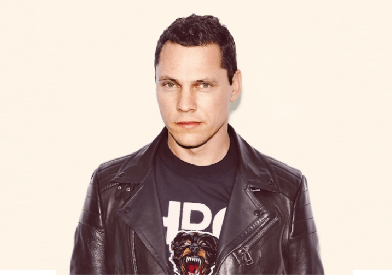Our roster of famous DJs have headlined some of the world’s biggest festivals and most famous venues. From Glastonbury to the party hotspot Ibiza, our talented famous DJs for hire are experts in mixing the hottest tunes new and old to create a fantastic DJ set. Perfect for events of all kinds, from weddings to corporate events, our roster of famous DJs for hire add star-appeal to all manner of events. Guaranteed to get the party started our celebrity DJS will make your event one to remember! Contact Champions Music & Entertainment today, to hire a famous DJ today.
Famous DJs
Hire A Leading Famous DJ For Events
Here at Champions Music & Entertainment, we have an extensive selection of celebrity DJs for hire, from the likes of Sara Cox who mixes sounds from a time gone by, to Trevor Nelson who mixes the best of R&B, Soul and Rap. With a wealth of experience putting on sets at some of the most high-profile events, venues and radio stations across the world, our famous DJs for hire know what it takes to put on a great show. Adding star appeal to each event they attend, our famous DJs for hire will ensure your event surpasses all expectations and is remembered by guests forever. Book a famous DJ with Champions Music & Entertainment today!
Book a Famous DJ Today!
Our premier selection of famous DJs are the perfect choice when looking to increase the star appeal of your event, perfect for a range of festivals, nightclub performances and private parties. Whether you are looking for a talented radio DJ, such as The Mac Twins, or the hottest Ibiza DJs, such as Hedkandi, book from Champions Music & Entertainment’s roster of famous DJs for hire for unforgettable entertainment.
Who Are The Top 10 Famous DJs To Book?
- Craig David
- Maya Jama
- Fatboy Slim
- Craig Charles
- Scott Mills
- Wilkinson
- Hedkandi
- Pete Tong
- Chris Moyles
- Tom Zanetti
Contact Champions Music & Entertainment to enquire about hiring famous DJs today. Get in touch by calling us on 0203 793 4042 or by emailing [email protected] now.





